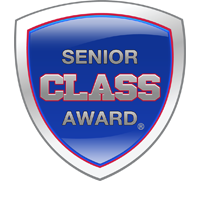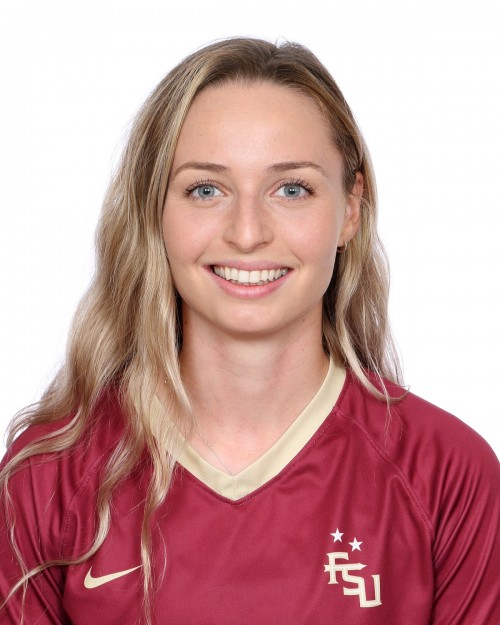
Student-athlete advisory committees are a great way for Senior CLASS Award candidates to be involved
Being involved on campus when you are a student-athlete can be a bit tricky. With precious little free time after classes, practices, travel and games, today’s college athletes have to be choosy when they select the extracurricular activities in which they want to be involved.
Since the inception of the Student-Athlete Advisory Committee (SAAC) at the NCAA level and later at the campus and conference levels, involvement on this committee allows student-athletes to combine their interest in community service with their ideas and input on how their respective athletics departments are run.
Marquette women’s soccer player Natalie Kulla serves as the secretary for her school’s SAAC. She is one of 21 candidates for the Lowe’s Senior CLASS Award in women’s soccer, men’s soccer and women’s volleyball who are active in the SAAC.
She says the SAAC provides student-athletes an opportunity to be involved in the community on their own terms.
“It’s fun for us to try and research different projects within the community that we can be involved in as student-athletes – where we can make a difference,” Kulla said. “It’s kind of neat that we can be the people that decide what we will do as a student-athlete group and what we think is important.
“At Marquette, being an urban campus and having a lot of different organizations, it’s hard to be able to be involved in community service projects. With the SAAC, we can tailor our services to when student-athletes can be involved.
Kulla, a St. Louis native, was the Big East’s goalkeeper of the year as a junior and holds a 3.6 grade point average in civil engineering.
Matt Horn, a two-year team captain for Winthrop men’s soccer, is president of the university’s SAAC and is the school’s representative on the Big South Conference SAAC. The Cornelius, North Carolina, native also serves as the Big South’s representative to the NCAA’s Division I SAAC. He has a 3.9 grade point average and is majoring in biology.
As a member of the NCAA’s Division I committee, Horn has attended meetings the past three years and participated in monthly conference calls discussing such topics as student-athlete well-being, NCAA legislation and community service projects.
“It’s just an incredible experience being on the Student-Athlete Advisory Committee and at the conference level and the NCAA. I’m really fortunate to be part of it,” Horn said. “The main thing for me is the community service aspect. That’s really cool. We worked with Samaritan’s Feet at the national level. The experience that was amazing. I personally got to meet with the founder Manny Ohonme. I went on a mission trip with him to Peru that was awesome.
“We work with Read Across America, where we go into schools and read to kids and they read to us. It’s one of my favorite things. You get a lot of one-on-one time with the kids. They have crazy stories and they remind you of what it’s like to be a kid,” he added.
Horn says working with the NCAA has given him an idea for just how many people are working behind the scenes to care for student-athletes. He says his work with the NCAA Division I SAAC has allowed him to work on various subcommittees that encompass everything from student-athlete medical safeguards to the NCAA legislative process and has given him and others opportunity for professional development.
Norma McDuffie, Winthrop’s senior woman administrator and advisor to the SAAC, doesn’t know how Matt finds the time to be so active in the committee on top of his other duties.
“Considering Matt’s dedication to his academic pursuits and excellence on the soccer field, I am always amazed that he devotes an abundance of time to serve others,” McDuffie said.
Wichita State volleyball player Mary Elizabeth Hooper serves as the secretary/treasurer for the Shocker SAAC. The setter is majoring in health science and has a 3.7 grade point average.
Student-athletes agree that the SAAC gives them the chance to do good things in the community. Among the projects Kulla’s group has worked on are an annual canned food drive and offering services for a local community support center.
“My favorite part is that it allows us to do some of the same things regular students can do, but since we have different time constraints, we are able to find time that works for us to be involved,” Kulla said.



